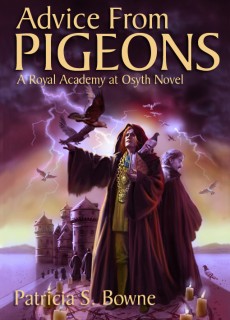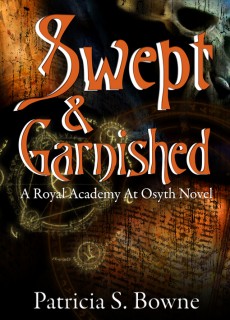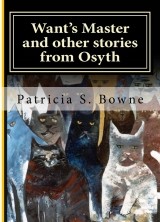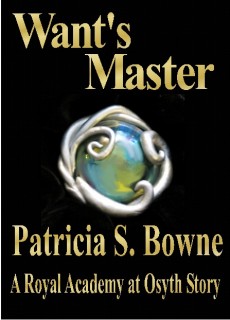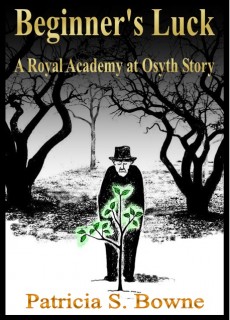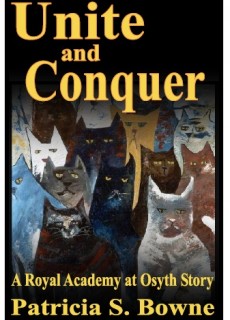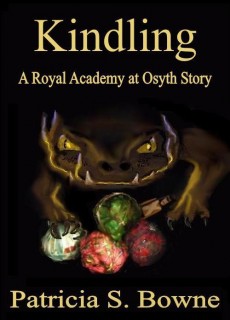I’m reading a book about a vampire hunter. At least, for the first 48% of it I believed it was about a vampire hunter. But I have come to suspect that it is about competence.
It’s hard to write a book in first person, I suppose, without it being mainly about the protagonist’s opinion of him or herself. Even harder if the book is about someone doing their job. Triply harder if it’s a job that really requires expertise… but there are bigger challenges, to my mind, in protagonists who focus relentlessly on their own expertise; and I find myself falling out of like with being told what an expert vampire hunter does with every waking minute, and how every step is planned and every contingency considered. It was nice at the beginning, when I was learning about the world. Now I’m waiting for the book to come to life and be about more than how competent the main character is.
What really made this stand out to me was that in between chapters of this book I’m binge-watching The Good Wife, a show which is about competent lawyers at work but which doesn’t have any of the ‘yeah, I get it, you’ve thought of everything,’ effect on me. Because the lawyers in The Good Wife have never thought of everything. They are always being blindsided and coming up with last-minute seat-of-the-pants saves, and being blindsided again or making stupid decisions because of their personal lives, and sometimes they lose in important ways. That makes the moments when their plans do work out shine, and lets me share their triumph rather than begrudging it.
And strangely enough, it’s the fiction in which nobody is going to lose more than their job that feels high-stakes and suspenseful, and the one in which being torn apart is a risk with every page-turn which has started to bore me. To make characters look nimble, you need to let them get off-balance.


